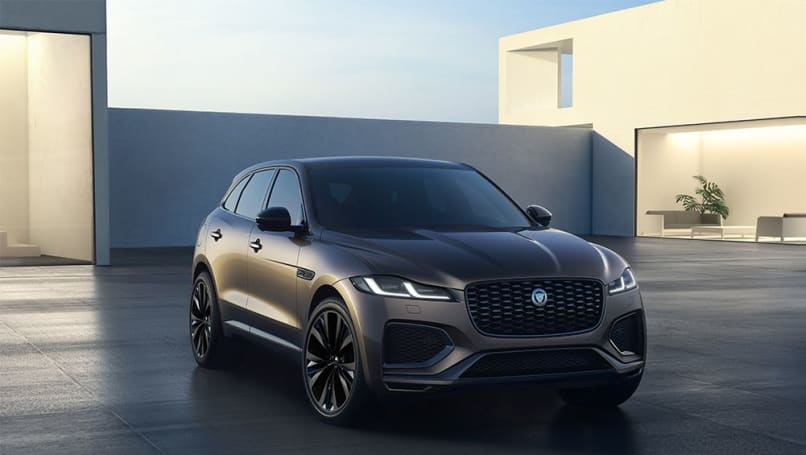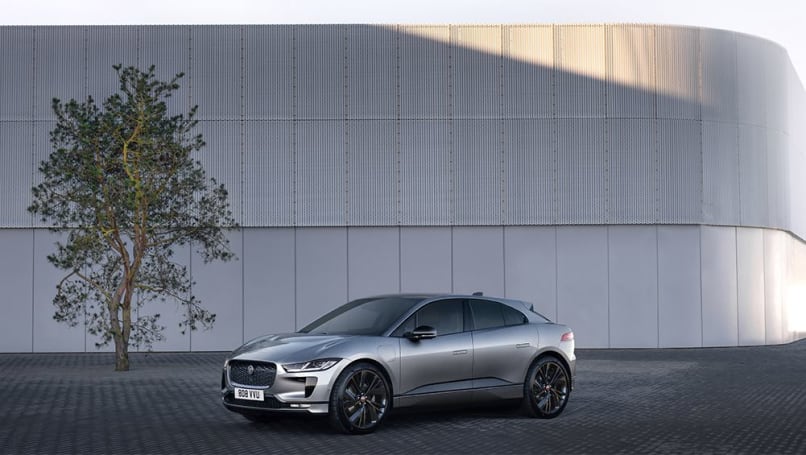
2025 BYD Shark 6 sales scrutinised as rival Kia Tasman ute and plug-in hybrid Ford Ranger PHEV and GWM Cannon Alpha launches loom
BYD Shark 6 fever has well and truly swept over the country, but is it all as...
Browse over 9,000 car reviews

Jaguar as we know it will be no more in a matter of months, as the British brand is set to wrap up production of its key petrol- and diesel-powered models to transition to a fully electric line-up from next year.
Revealed in a Road & Track interview with JLR’s North American President and CEO, Joe Eberhardt, June is the end point for Jaguar’s current models built in its Castle Bromwich Assembly plant. Those are the F-Type sports car and XE and XF sedans.
The plan, however, isn’t to sell out of combustion-powered models and immediately shift to its electric car line-up, instead to manage its production and delivery schedules to prevent global dealerships from being left without stock.
"The majority of our products cease production in June, but they will be on sale for a much longer time,” Eberhardt said, “We will have a production schedule that enables us to have a continuous supply of vehicles until the new cars come.
“We’re trying to time it so we have enough volume to take us through to the launch of the new product and have a clean handover.”
Jaguar's F-Type, XE and XF will wrap production in June before - according to reports including from Automotive News Europe - the E-Pace and F-Pace SUVs, while the electric I-Pace SUV will follow some time later, making way for the brand to launch three electric cars on the new JEA (Jaguar Electric Architecture) platform.
The first of these is set to be a Porsche Taycan or Audi e-Tron GT rival in the form of an electric four-door fastback-style sports car.

This model is slated to be the most powerful Jaguar road car ever, meaning it must top the XE-based Jaguar Project 8’s 441kW. It’s also expected to cost more than US$100,000 (AU$154,000) and boast an electric range of up to 692km.
Further to Eberhardt’s comments, Autocar separately checked in with JLR’s headquarters in its UK home and confirmed the brand’s Castle Bromwich Assembly plant will cease production in June.
Eberhardt also told Road & Track he expects there would be a loss of some traditional customers, regrettable as it may be.
“There does come a point where you just need to focus on the future. It may not be a brand for everybody, and that’s by design," Eberhardt said.

“I can’t tell you exactly what percentage of current Jaguar owners we will leave behind, but clearly given the positioning of the brand and the vehicles we will lose some clients along the way.”
In 2023, Jaguar sold just 581 cars in Australia, mostly the F-Pace SUV (360), compared to the 700 the brand sold in 2022.
Globally, Jag shifted 64,241 cars - 21,943 of those were the F-Pace - though it’s expected that number will in future dip well below 50,000 according to Autocar.
Along with its I-Pace electric car, Jaguar has shown its intentions as an electric car brand through its continued involvement in the Formula E World Championship since 2016.
Comments